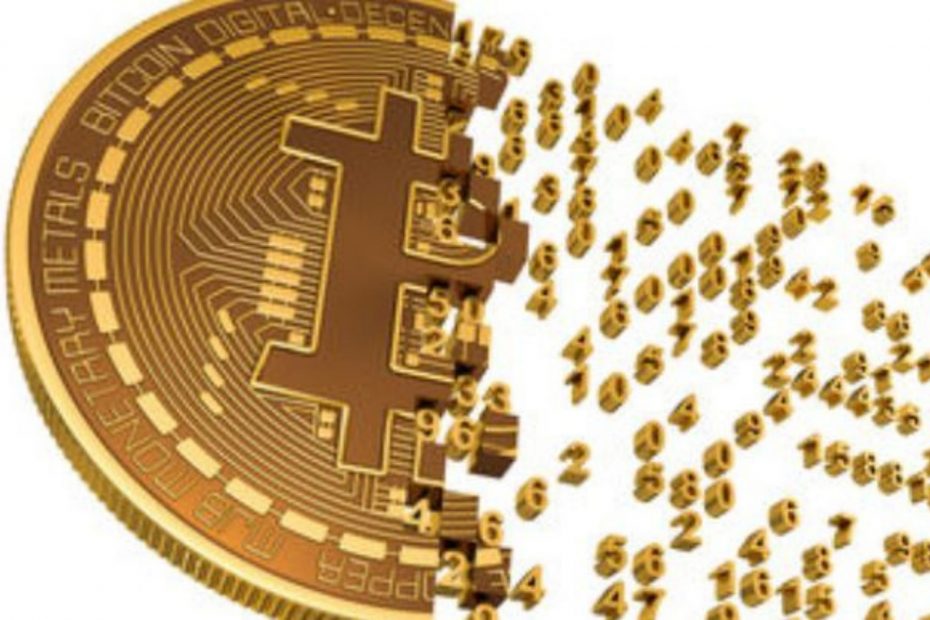What is Bitcoin? To cut right to it, Bitcoin is a digital currency. Bitcoin is not printed like dollars or euros. It is both created and held electronically, and no government controls it. It is quite different from the standard currency we use today.
Bitcoin is both an exciting investment opportunity and an anonymous way to make purchases online. Let’s learn more about this exciting new form of currency below.
What is Bitcoin and what makes it different?
The primary use of Bitcoin is to purchase things electronically. You can do purchases with dollars, euros, and yen, so Bitcoin is similar in that regard.
The latest Bitcoin Price Index is 2,410.25 USD https://t.co/lzUu2wyPQN pic.twitter.com/JRofcnv02D
— CoinDesk (@CoinDesk) May 24, 2017
What makes Bitcoin truly different from traditional currencies is that it is not centralized. There is no institution which controls the Bitcoin network. This means that you are not at the mercy of a bank.
Who makes Bitcoin?
Bitcoin is not physically made by anyone. It is not printed. It is not accountable to any institution or population. It establishes rules all on its own.
Satoshi Nakamoto initially proposed it. He was a software developer who wanted to create a better electronic payment system that was based on mathematics. Other goals for Bitcoin included:
The final step is that Bitcoins are mined using a shared computer network. This network also helps process the transactions of Bitcoins, making Bitcoin both its own currency and its own payment network.
These few simple ideas started a revolution in the currency world. The days of a central bank printing money, completely accountable to the population, and making up rules that no one has a say are now over.
Are Bitcoins unlimited?
If Bitcoins are mined using a shared computer network, does it mean you can just make as many Bitcoins as you like? No, Bitcoins have been limited to a total of 21 million only. These 21 million can be divided into smaller parts. The smallest part is 100 million of a full Bitcoin. They call it a ‘Satoshi.’
Is Bitcoin based on the gold standard?
Traditional currency is based on gold or silver values. Theoretically, you could get gold from the bank based on the amount of dollars you have. Have you ever tried it? Don’t. It’s mostly theoretical.
Bitcoin is different as it is based on math. People all over the world are using a software program that follows a mathematical formula. This mathematical formula is what actually produces Bitcoin. The mathematical formula isn’t a secret; anyone is free to check it, and it is open source.
What is Bitcoin in a nutshell?
Let’s look at the main characteristics to quickly summarize what Bitcoin is all about:
- It is not centralized: Every single person or machine can process transactions to mine Bitcoins as part of the network. This means that no central authority figure has the ability to tinker with the monetary policy and cause a crash. If one part of the Bitcoin network does go offline, there is no reason that the rest of the network can’t keep moving.
- Easy to use: You can set up an account in a few seconds with an address, with no fees payable.
- Anonymous: While Bitcoin is not completely anonymous, it prides itself on transparency, and you can take steps to be anonymous. People can see addresses and how much Bitcoin is at that address, but they will not know that that is yours. To stay a bit more anonymous using Bitcoin, do not use the same address consistently, and do not transfer a large amount of Bitcoin to a single address.
- Fees: Transfer fees, even international transfer fees, are very small.
- Speed: You can send money absolutely anywhere in the world, and it will arrive within minutes. Not even PayPal can do that.
- Returns: Any money that you send through Bitcoin cannot be sent back. Once you push send, it is gone. If the recipient chooses to return it, you will get it back. Otherwise, it is gone forever.
You can see that Bitcoin is a very unique form of currency. Bitcoin and other cryptocurrencies are the future of currency. Getting into it now, or at least becoming familiar with it, will help you prepare for the future.

